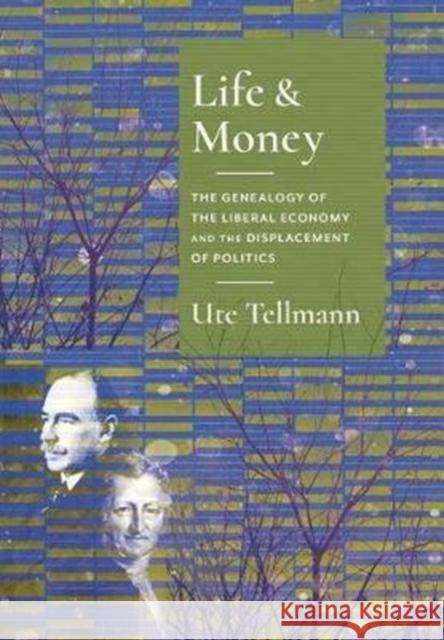Life and Money: The Genealogy of the Liberal Economy and the Displacement of Politics » książka
Life and Money: The Genealogy of the Liberal Economy and the Displacement of Politics
ISBN-13: 9780231182263 / Angielski / Twarda / 2017 / 344 str.
Life and Money uncovers the contentious history of the boundary between economy and politics in liberalism. Avoiding the established categories of state and market, Ute Tellmann focuses instead on the shifting historical ontologies of liberal economy. Bringing economics into conversation with political theory, cultural economy, postcolonial thought, and history, Tellmann gives a radically novel interpretation of scarcity and money that focuses on materiality, temporality, and affect. She argues that our understanding of the malleability of economic relations has been circumscribed by linking its displacement to colonial hierarchies of civilization and the biopolitics of the nation.
Life and Money investigates the conceptual shifts regarding economic order in the wake of the French Revolution and the Great Depression. During the first period, Thomas Robert Malthus's writings on population crucially linked liberalism to a notion of economic necessity that stands counter to political promises of equality. During the second, John Maynard Keynes's macroeconomic theory signaled the birth of the managed economy in liberalism and the dominance of the state in economic affairs. Both periods, Tellmann shows, represent a double movement of opening and delimiting the political-economic imagination. A genealogical account retrieves the openness of economic thinking that emerged at these historical junctures. Complementing Michel Foucault's influential account of liberal governmentality, Life and Money opens up liberalism, including our neoliberal present, to a new sense of economic and political possibility.










